In the rapidly evolving landscape of education, the integration of artificial intelligence (AI) is paving the way for a new era of learning—one that is personalized, adaptive, and scalable. This transformation is not just a vision of the future; it is happening now, with AI-powered personalized learning platforms leading the charge.
At the heart of this revolution is the concept of adaptive learning technology in education. Traditional classrooms often struggle to meet the diverse needs of students, but AI is changing that. By analyzing individual learning patterns and preferences, AI can tailor educational content to fit each student’s unique needs. This means that no two students will have the same learning experience, as AI-driven tailored textbooks adjust in real-time to provide the most relevant and engaging material.
One of the most exciting developments is the rise of virtual tutors powered by AI. These digital mentors are available 24/7, offering students support and guidance whenever they need it. Unlike human tutors, AI tutors can instantly analyze a student’s performance and adapt their teaching style to address specific weaknesses. This level of personalized attention was previously unimaginable, but now it is becoming a reality in classrooms around the world.
AI in personalized education is not just about textbooks and tutors; it also includes AI adaptive quizzes for students. These quizzes are designed to adjust their difficulty based on the student’s performance, ensuring that each student is challenged without being overwhelmed. This approach not only improves learning outcomes but also boosts student confidence and engagement.
The impact of AI is also evident in the way educational content is created. AI-generated educational content is becoming more sophisticated, with AI algorithms capable of producing high-quality, customized learning materials. This content can be quickly updated to reflect the latest information, ensuring that students always have access to the most current and relevant resources.
As AI continues to evolve, so too does its role in AI-based personalized learning solutions. These solutions are being implemented in schools and universities worldwide, providing educators with powerful tools to enhance their teaching methods. By leveraging AI, educators can focus on what they do best—inspiring and guiding students—while AI handles the heavy lifting of data analysis and content customization.
Finally, the integration of AI-enhanced virtual tutoring systems is set to redefine the role of tutors in education. These systems can simulate one-on-one tutoring sessions, providing students with personalized feedback and support. This technology is particularly beneficial for students in remote or underserved areas, as it democratizes access to high-quality education.
In conclusion, the transformation of educational content through AI is not just a technological advancement; it is a paradigm shift in how we approach learning. As AI-powered personalized learning platforms become more prevalent, they offer the promise of a more inclusive, effective, and engaging educational experience for all students. The classroom of tomorrow is here, and it is being shaped by the power of AI.



